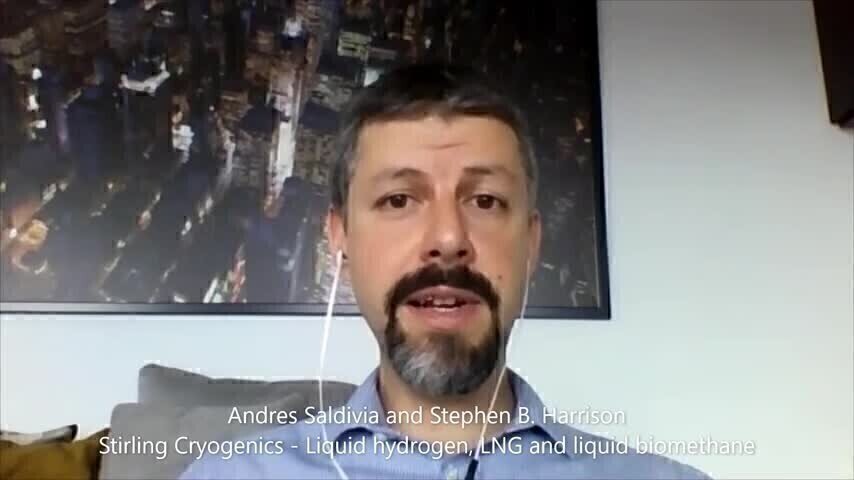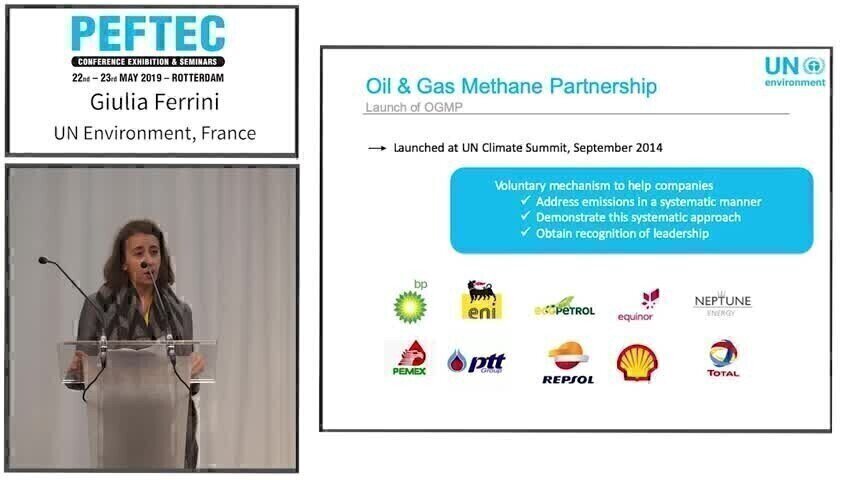Videos
Videos
Past Events
In this eLearning session we’ll give you tips and tricks for your daily density measurements to ensure that your density meter is in top condition and always ready to deliver repeatable and accurate results. In addition, we’ll give you an overview on how to achieve traceable, globally comparable, and correct density measurements. In particular, we’ll focus on the practical aspect in your daily routine. After the session, you’ll understand the difference between ISO 17025 and ISO...
Combining titration and Vis-Near-Infrared Spectroscopy for higher sample throughput and faster results Monitoring the quality of hydraulic and/or lube oils is critical to prevent premature wear of any kind of machinery. In this session we will look at this topic from a new perspective focusing on the combination of titration (potentiometric, thermometric, coulometric Karl Fischer titration) and Vis-Near-Infrared Spectroscopy (Vis-NIRS). Combining titration (highly sensitive, specific, a...
In this eLearning session we describe the specific gravity measurement in the whole refining process- from upstream to downstream. We introduce the theoretical background to the technique, the advantages of digital measurement over traditional approaches and introduce the broad equipment solutions from Anton Paar. We place a particular focus on the practical aspect of this parameter in the daily routine to ensure full compliance with ASTM D4052, D5002, D7777, D8188 & ISO 12185. Our densi...
The importance of Safety Integrity Levels and Functional Safety in Gas and Flame Detection. Gas and flame detection plays an essential role in reducing the hazards associated with toxic and flammable gases. SIL and Functional safety are extremely important parameters to consider in the design, construction, specification, and installation of a gas and flame detection system. Safety Integrity Limits or SIL are related to the broader topic of Functional Safety. The term SIL is intended to...
Biofuels, mainly derived from vegetable oils or the fermentation of plant material, have gained importance over the last few decades as more sustainable and environmentally friendly alternatives to fossil fuels. However, the production of raw materials for biofuel production has led to significant deforestation and competition for agricultural farmland with traditional crops used as staple food for humans and animals. To mitigate effects, new sources like algae have been developed for biofuel...
Stephen Harrison talks to Anurag Dhumal MSc in engineering and energy technology. This short discussion looks at questions like: What is dry methane reforming? What is the difference between dry methane reforming and steam supported dry methane reforming? What catalysts are used in the processes you described, are they the same or similar? During Dry methane reforming, how does one protect the catalyst? How does the carbon build up get suppressed? What levels of steam are used i...
Stephen Harrison talks to Xavier d’Hubert about decarbonising cement production and the three main sources of the CO2 production. This short question and answer session answers questions given to Xavier, like: Where do the CO2 emissions come from in the production of cement? What can be done inside the plant to improve energy efficiency? Do you see any plants hooked up to renewable energy?
Crude oils contain as many as 45 elements, many of which can have adverse effects on petroleum refining and product quality. These effects can include poisoning of the catalysts used during the refining process or corrosion to the process equipment. The determination and quantification of these trace elements can be particularly challenging because of the high viscosity of many crudes and the presence of large particulates. This requires time-consuming sample preparation, such as ashing and w...
Karl Fischer titration is an analytical technique widely used by chemists throughout the petroleum related sector. Many chemists will agree that accurate results are most important followed by delivering results quickly, consistently and safely. Smooth transitions between testing runs is also highly desirable. There are a number different KF methods available to cover the spectrum of samples within the hydrocarbon markets. This webinar will give insights into which methods are best e...
Be it turbines, heavy equipment, or any other kind of machinery - monitoring hydraulic and lube oils is critical for performance and to prevent premature wear. In this eLearning session we focus on titration, near-infrared spectroscopy and voltammetry and their potential to increase efficiency of oil condition monitoring. Utilizing these methods, critical chemical and physical parameters can be determined in large sample series completely unattended for faster analysis, higher throughput and...
Digital Edition
PIN 25.5 Oct/Nov 2024
November 2024
Analytical Instrumentation - Picturing Viscosity – How Can a Viscometer or a Rheometer Benefit You? - Sustainable Grease Formulations: Evaluating Key Performance Parameters and Testing Method...
View all digital editions
Events
Jan 20 2025 San Diego, CA, USA
Jan 22 2025 Tokyo, Japan
Jan 25 2025 San Diego, CA, USA
SPE Hydraulic Fracturing Technology Conference and Exhibition
Feb 04 2025 The Woodlands, TX, USA
Feb 05 2025 Guangzhou, China
























